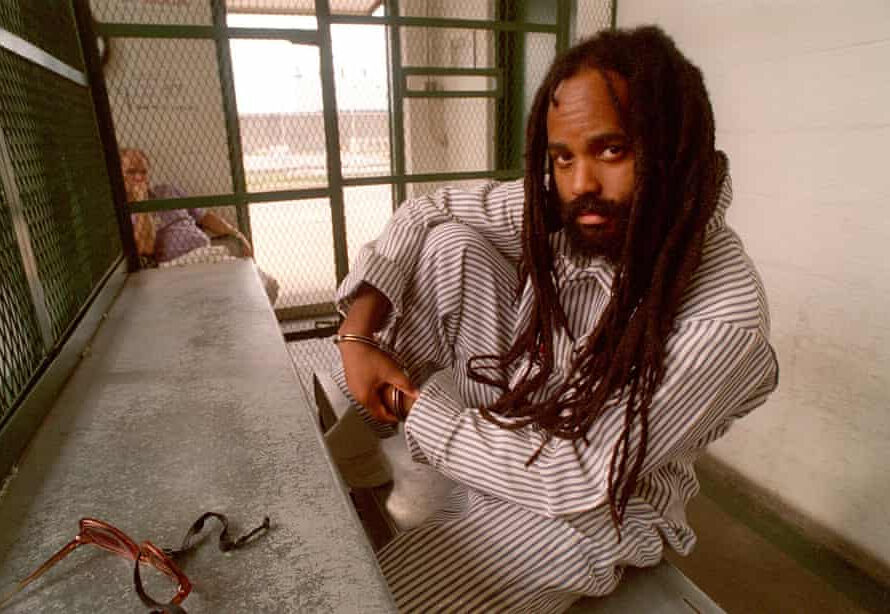Genesis 45:3-11, 15 NRSV
3 Joseph said to his brothers, “I am Joseph. Is my father still alive?” But his brothers could not answer him, so dismayed were they at his presence.
4 Then Joseph said to his brothers, “Come closer to me.” And they came closer. He said, “I am your brother, Joseph, whom you sold into Egypt. 5 And now do not be distressed, or angry with yourselves, because you sold me here; for God sent me before you to preserve life. 6 For the famine has been in the land these two years; and there are five more years in which there will be neither plowing nor harvest. 7 God sent me before you to preserve for you a remnant on earth, and to keep alive for you many survivors. 8 So it was not you who sent me here, but God; he has made me a father to Pharaoh, and lord of all his house and ruler over all the land of Egypt. 9 Hurry and go up to my father and say to him, ‘Thus says your son Joseph, God has made me lord of all Egypt; come down to me, do not delay. 10 You shall settle in the land of Goshen, and you shall be near me, you and your children and your children’s children, as well as your flocks, your herds, and all that you have. 11 I will provide for you there—since there are five more years of famine to come—so that you and your household, and all that you have, will not come to poverty.’
15 And he kissed all his brothers and wept upon them; and after that his brothers talked with him.
Background
This passage is part of a multi-chapter saga featuring the betrayal, selling-into-slavery, incarceration, and elevation of Joseph. What makes this entire story tragic is that he was teased by his brothers and betrayed due to their petty jealousy.
In your own devotional period, read Genesis 37. Where do you think the conflict begins for Joseph and his family? In other words, who started all of this drama?
Today’s lesson will focus on the limits and possibilities of forgiveness.
Read the scripture out loud together. What’s happening in this passage?
Joseph has been living for a long time in Egypt. His brothers do not recognize him. After testing his brothers to see if they would betray one among them (as they did to Joseph), Joseph reveals his true identity to his brothers. He begged them to come closer to him and get a good look. A second time he says, “I am your brother whom you sold into Egypt.” He tells them not to be upset with themselves, because they are indirectly responsible for his elevation into the Palace. Remember, Joseph’s dreams help warn (into action) about preserving grain for the famine to come.
Joseph narrates his story by saying, “you sold me here, and God sent me to preserve life.” He also says, “it was not you who sent me here, but God.” He believes that this unfortunate event has been used for the liberation of many nations so they can survive the famine. He also instructs his brother to send for his father so that the families can settle in Goshen to endure the rest of the famine. The last verse of the lectionary passage, verse 15, describes the scene of Joseph kissing “all of his brothers” and weeping upon them.
Why does Joseph welcome his brothers?
Joseph welcomes his brothers because he believes, in some strange turn of events, that without that initial betrayal, the nations would be in a severe famine. According to the story, Joseph can only become close to the palace through a series of unfortunate events.
But it has been years since Joseph has been separated from his family. One reason he agrees to be kind to them is because of the time he has had to reflect. But another reason is that his brothers refuse to sell their brother. In the previous chapter, Joseph tests the brothers by placing a silver cup in their bag and accusing them of stealing. He detains the youngest brother, Benjamin. And instead of allowing Benjamin to be detained, Judah pleads for his freedom. He says, “to lose another son” would destroy his father. He can’t go back home without Benjamin.
How can these brothers who so carelessly sold Joseph be the same brothers who are fighting for Benjamin’s freedom?
Why does Joseph invite his brothers and their families to stay with him?
Joseph promises his family that they can come “settle in the land of Goshen, and you shall be near me, you and your children and your children’s children, as well as your flocks, your herds, and all that you have. I will provide for you there—since there are five more years of famine to come—so that you and your household, and all that you have, will not come to poverty.”
Joseph is not in the position to be oppressed by his brothers anymore. He is actually in the position to exert power over his brothers. He could have chosen to refuse safety to his brothers as retaliation. He could have also chosen to imprison them as payback.
But Joseph also thinks about his brother’s children and “children’s children.” He realizes that reconciliation isn’t just for this generation, but for future generations. He chooses to set up a dynamic where future children have a place to eat and sleep.
What questions do you still have of this scripture? How will you commit to journeying with this text this week?
Connection to Today’s World
 Just this week, Kim Potter was sentenced to two years in prison for killing Daunte Wright during a traffic stop. Her excuse was that she “drew a gun rather than a taser.” Prosecutors asked for seven years, but Potter’s lawyers argued that number down to two because she had a lack of criminal history and “expressed remorse.” Right before being sentenced, she cried and apologized to Wright’s family.
Just this week, Kim Potter was sentenced to two years in prison for killing Daunte Wright during a traffic stop. Her excuse was that she “drew a gun rather than a taser.” Prosecutors asked for seven years, but Potter’s lawyers argued that number down to two because she had a lack of criminal history and “expressed remorse.” Right before being sentenced, she cried and apologized to Wright’s family.
“I am so sorry that I brought the death of your son, father, brother, uncle, grandson, nephew, and the rest of your family. I’m sorry I broke your heart.”
What are your thoughts on this case and this response? Is two years appropriate? Would seven years be enough? What would you need as evidence to prove that Potter’s behavior and character has changed? Is behavior change possible in this system?
Journal: What signs indicate that someone is actually sorry? How do you express sincerity when you’re apologizing?
Closing: Listen to Donald Lawrence and the Tri-City Singers, “Goshen.”
Prayer:
Dear God,
Should we hold onto a grudge? Should we forgive? Are we being taken advantage of? Are we unreasonably bitter? Are we justifiably bitter? How will we know the answers to these questions?
Lord, we ask for your guidance as we make sense of this confusing world around us. Sometimes we hold on to things we should let go of. Sometimes we let go of things we should remember.
Jesus taught us to be peaceful as doves and wise as serpents. Teach us to know the difference and to discern when we should be which.
In Jesus’ name we pray, Amen.
WORKS CITED
https://www.cnn.com/2022/02/18/us/kim-potter-sentencing-daunte-wright/index.html





